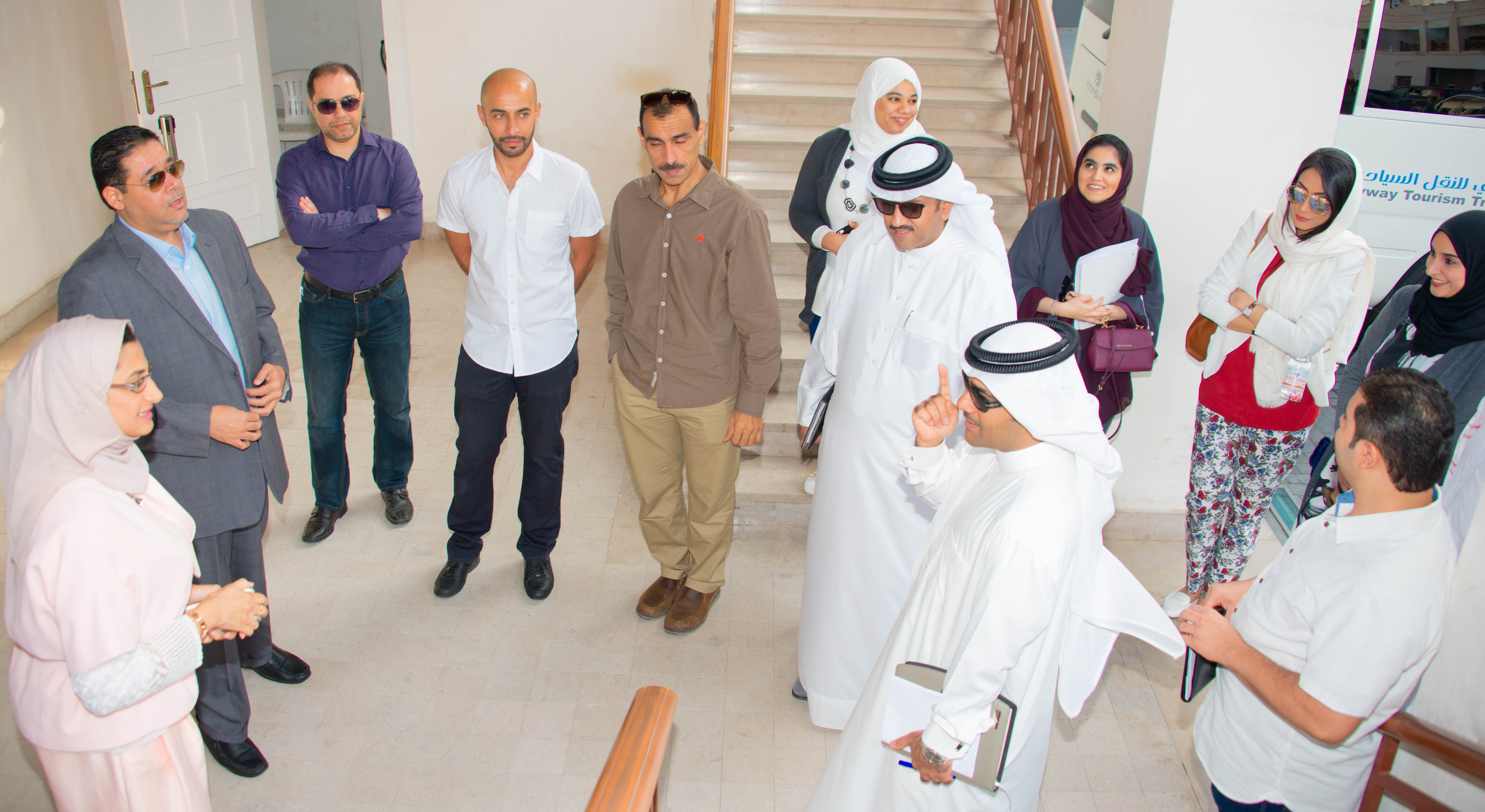

Mr. Ameen Ishaq Al-Kooheji, the Executive Director of Learning & Development at the Bahrain Institute of Public Administration (BIPA), has emphasized the importance of field visits for the Government’s new leader’s program, KAWADER. “Such visits contribute to exchanging successful experiments, which aim at promoting governmental work”, he said. “KAWADER, is a program that creates a communication network among participants and contributes to disseminating excellent practices in Government organizations where visits are made, thus developing services provided and improving efficiencies within the framework of best practices”, he added.
Mr. Al-Kooheji explained that field visits are new training channels that have contributed to achieving many results and accomplishments at individual and Government work levels. “They enable participants to have access to better experiments and practices”, Mr. Al-Kooheji said. The field visits have covered the sixth group of KAWADER for the Ministry of Transpiration and Telecommunications and Bahrain Authority for Culture & Antiquities.
Mr. Al-Kooheji pointed out that KAWADER is part of the national program introduced for developing government leaderships and designed to meet all training needs for civil servants holding the position of section heads by providing them with latest knowledge and modern skills in general administration practices. “KAWADER, has been designed subject to a training and development methodology as part of BIPA’s 2016-2018 strategy, which has been adopted as a tool to design leadership program systems revolving around self-development, teamwork management and assumption of responsibility for institutional development and care for customers and partners, in addition to accomplishments and achievement of results. “KAWADER, which has been specially designed for section heads aims mainly at developing innovative leaders capable of achieving objectives of administration and government organizations in a way that contributes to circulating a culture of innovation and application of innovative practices in governmental work”, Mr. Al-Kooheji concluded.
